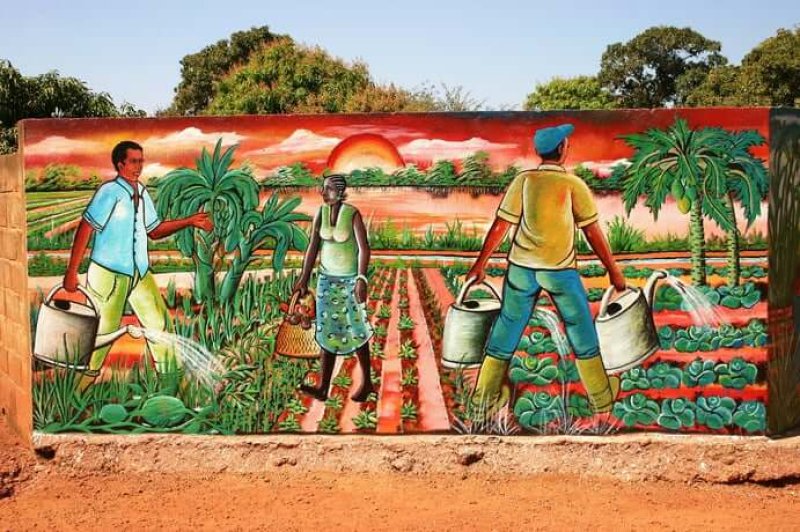In the Global North, the birthplace of these technologies, opposition has centred around the many unknowns about the safety, health and environmental implications of GM food.
Perennially in food-deficit, Africa has been a tantalising testing ground for these concepts by a novel industry dominated by Western biotech companies. African governments fear, and perhaps rightly so, that despite their benefits, GM crops can be disruptive, increase food poverty and make African farmers hostage to Western biotech companies.
If commercial food production and the emergence of specialist seed companies resulted in an ecosystem that generates huge food surplus in the West, merely introducing GM seed will not automatically confer similar benefits to developing countries. Technological advances in the West were largely a product of social and structural changes in food production systems, which are largely absent in Africa.
…
If African fears are about the socioeconomic implications of the technology, debate should shift to how to bring equity to GMO technology. This is pretty much what Dr Jorgen Schlundt, onetime Director of the WHO’s Food Safety Department meant when he counselled in 2005: “GM foods should be examined from many standpoints, including the social and ethical, in addition to the health and environmental. If we help our member states to do this on a national level, we can avoid creating a ‘genetic divide’ between those countries which permit GM crops and those which do not.”































